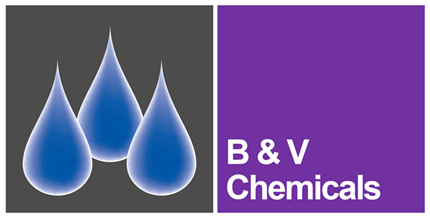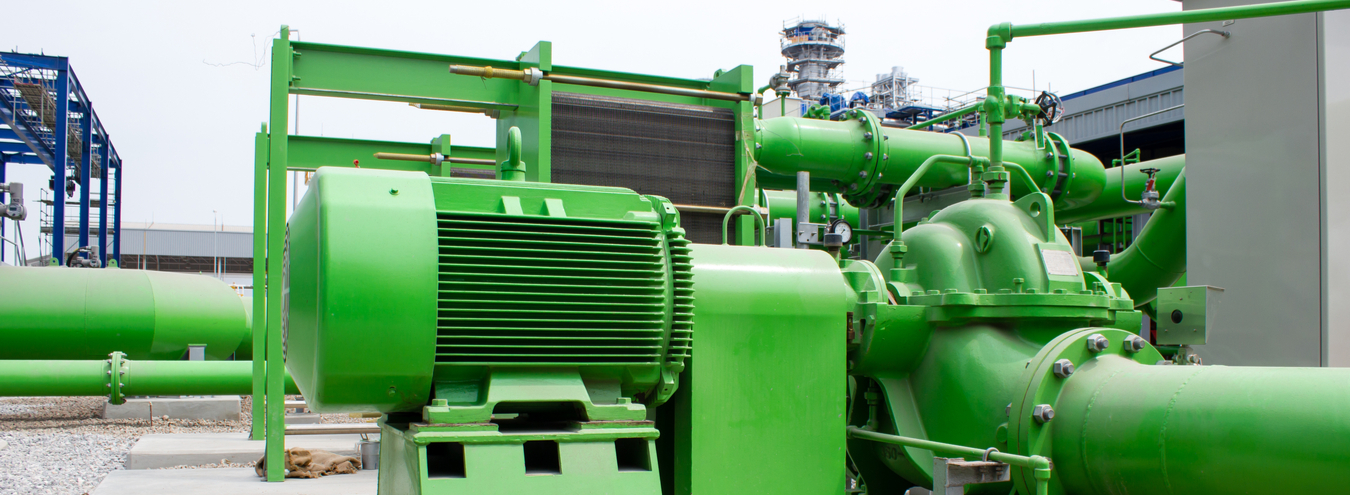Closed circuit inhibitors are often referred to as corrosion inhibitors, but their function is considerably more complex than that. Our closed circuit inhibitors are indeed specifically formulated to inhibit corrosion, but equally important is their ability to prevent the build-up of scale and to stop the deposition of suspended solids (fouling).
Selecting the right closed circuit inhibitor will depend on several factors, including the system materials, temperature and pressure of the system, water hardness, and in some cases, the manufacturers specifications associated with a particular system.
The prevention of microbial growth is achieved by adding an appropriate closed circuit biocide to the system. We will look at this in another blog post.
Corrosion
As a basic principle, it is important to note that for an inhibitor to inhibit corrosion, it must be in direct contact with the metal. This is why, for new systems, it is essential that a thorough pre-commission clean is carried out so all metal surfaces have complete contact with the inhibitor. Build-up of scale, biofilm or deposits on the pipework surface will prevent the inhibitor from contacting the metal surface allowing the development of under deposit corrosion.
If inhibitors are not maintained at or above their minimum level, optimal corrosion inhibition will not be achieved. All good water treatment chemical manufacturers will state the optimal dose rate and the minimum active levels to be used for monitoring purposes to ensure correct inhibitor levels are present.
The most critical factor in the inhibition of aluminium corrosion is pH. All well-formulated multi-metal inhibitors will contain a high level of buffer to maintain the pH of these solutions at below 8.5 for as long as possible. The addition of Closed Circuit buffer pH 5.1 (BV491) is advised when the pH of a system containing aluminium rises above 8.5. This product reduces pH and re-buffers the system so that the correct pH for aluminium can be maintained.
Closed circuit inhibitors will also contain a yellow metal inhibitor, generally an azole. Most formulations contain enough yellow metal inhibitor to protect the small amounts of yellow metals present in closed circuit systems. If the system is designed in such a way that large amounts of copper pipework or yellow metal components are present, additional azole dosing may be required. Supplementary azole products are available from our closed circuit range. Contact our technical department for advice on the selection of the correct product for your system.
Galvanic corrosion is a complex process which occurs if two dissimilar metals are present in the system and are not electrically isolated. The correct inhibitor levels can slow the rate of galvanic corrosion but not completely prevent it. Only correct system design can completely stop galvanic corrosion.
Corrosion inhibition
The metals commonly found in closed circuits are copper (and other yellow metals), iron-based metals and aluminium. The corrosion of each metal type is inhibited by different inhibitors as follows:
- Copper and other yellow metals - azoles
- Aluminium - nitrate, phosphate and to an extent, molybdate, although maintaining the pH preferentially below 8 but definitely below 8.5 is also essential
- Steel/cast iron - nitrite, molybdate, phosphonates, tannin
Scale inhibition
Specific antiscalants are present in all our standard formulations used in LPHW (Low Pressure Hot Water) and chiller systems. These scale inhibitor components are present at levels to prevent the deposition of scale in waters with a hardness up to between 300 and 360ppm. This range does include some specialist inhibitors containing phosphate, which we would recommend are only used in softer water and/or harder water systems with no or minimal losses/make-up. This information is clearly detailed in the product data sheets for these products.
The polymer present in the formulations prevents the deposition of scale and also prevents the deposition of suspended solids.
Testing closed circuit inhibitors for performance
B & V's range of closed circuit inhibitors are independently tested for performance. We have Buildcert (now known as NSF International) approval for two of our multi-metal inhibitors: Polyhib CH and Polyhib VX0.5.
We will cover more information on Buildcert (NSF) approval in our next blog post. This approval involves extensive and rigorous independent testing and proves how effective these inhibitors are in controlling corrosion and preventing the build-up of scale in closed circuit systems.
For advice on any aspect of closed circuit chemistry or product selection, please contact our technical department.




